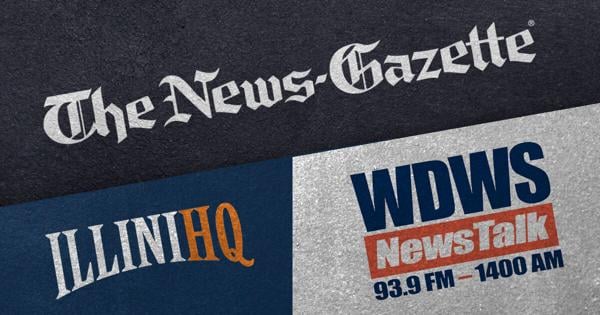Kansas House Speaker Dan Hawkins announced on Tuesday the cessation of efforts to redraw U.S. House districts, marking a significant shift in the state’s political landscape ahead of the 2026 elections. This decision halts a push by Kansas Republicans to initiate a special legislative session aimed at altering district boundaries, a move that would have engaged the state in a broader national redistricting conflict.
The proposed special session sought to bypass Democratic Governor Laura Kelly, allowing Republicans to call themselves into session. This session, which was scheduled for later this week, aimed primarily at targeting four-term U.S. Representative Sharice Davids, the sole Democrat in Kansas’s congressional delegation. Such a redistricting effort was in line with a call from former President Donald Trump, who urged states to modify their electoral maps to secure additional Republican seats in the upcoming midterm elections.
According to the Kansas constitution, Republicans could have proceeded with the special session by gathering signatures from two-thirds of the members in both legislative chambers. Although the GOP holds the necessary supermajorities, there was notable dissent among some Republican lawmakers regarding the mid-decade redistricting. Concerns were raised that reconfiguring the districts could inadvertently make the three other Republican-held districts more competitive for Democratic candidates.
In a statement, Hawkins remarked, “Planning a Special Session is always going to be an uphill battle with multiple agendas, scheduling conflicts and many unseen factors at play.” This sentiment reflects the complexities involved in legislative maneuvering, especially within the politically charged environment surrounding redistricting efforts.
While the Kansas GOP has opted to pause its current redistricting ambitions, other Republican-led states, such as Texas, Missouri, and North Carolina, have proceeded with similar initiatives. Conversely, California has introduced a ballot initiative aimed at securing five additional Democratic seats, further emphasizing the contentious nature of redistricting across the country.
This year’s attempt at a special session would have been only the second instance in Kansas history where lawmakers bypassed the governor for redistricting purposes. The previous occurrence was in 2021, during efforts to challenge federal COVID-19 vaccine mandates.
Despite the current halt, the possibility remains for Republican lawmakers to circulate another petition for a special session. The Kansas Legislature is set to reconvene for its next regular annual session on January 12, 2024. There is still ample time for the GOP to push forward with a new redistricting map, as the candidate filing deadline is not until June 1, and the primary elections are scheduled for August 4.
The evolving situation in Kansas reflects the intricate dynamics of political strategy surrounding redistricting and its potential impacts on future elections. As states continue to navigate this contentious process, the focus remains on how these changes will shape the political landscape leading into the 2026 elections.







